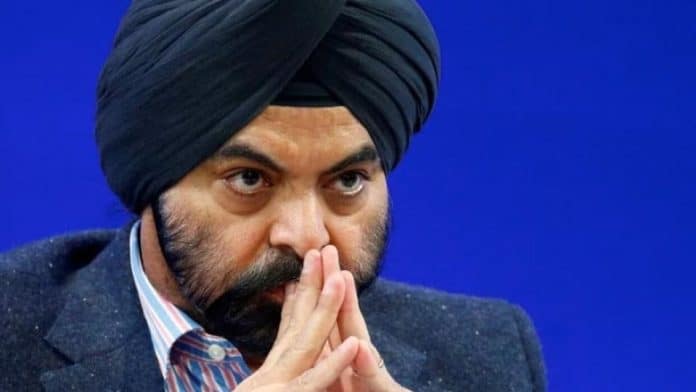In today’s interconnected world, access to electricity is not merely a convenience but a fundamental human right, and essential for the realization of other rights, such as education, healthcare, and economic opportunities, the President of the World Bank, Ajay Banga, has disclosed.
According to his perspective, electricity stands as the linchpin for tackling poverty, fostering growth, and propelling development.
It’s depicted as the cornerstone for generating employment opportunities and enhancing capabilities throughout Africa.
He highlighted the dire situation where 600 million individuals in Africa lack access to electricity, deeming it unacceptable.
Speaking at the World Bank Group Meetings on April 17, 2024, Ajay Banga emphasized the World Bank’s dedication to linking 250 million Africans, out of the roughly 600 million who currently lack access to electricity, to affordable energy by 2030.
Akinwumi Adesina, President of the African Development Bank (AfDB), also pledged the bank’s commitment to connecting an additional 50 million Africans to electricity.
He elaborated that achieving this commitment entails extensive collaboration with key stakeholders and institutions across the continent, encompassing finance, government, and the private sector.
The goal is to ensure access to affordable energy for a substantial portion of the population by the year 2030.
Despite significant progress in electrification globally, millions of people still lack access to reliable and affordable electricity. Recognizing access to electricity as a human right is crucial for fostering development, reducing poverty, and ensuring social equity.













